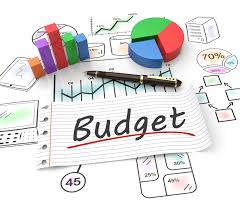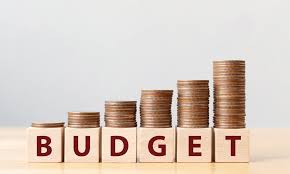Budgeting is an essential skill for young adults. It helps manage finances and achieve financial goals. However, in Northern Ghana, many young people face unique challenges. Rising costs and economic pressures can make budgeting seem overwhelming. However, with the right strategies, anyone can take control of their finances.
In this blog, you will discover practical budgeting tips tailored for young adults in Northern Ghana. We will also explore how to create a budget, track expenses, save money, and make informed financial decisions. By the end, you will feel empowered to manage your money effectively and confidently.
7 Budgeting Tips for Young Adults in Northern Ghana
1. List your Sources of Income
Budgeting is a crucial skill for young adults. It helps you manage your money wisely. When you create a budget, you can see where your money goes. This visibility allows you to make better financial decisions. Start by listing your income. Include all sources, such as salary, allowances, or side jobs. Knowing your total income is the first step to budgeting effectively.
2. Know your Expenses
Furthermore, identify your expenses. Break them down into two categories: fixed and variable. Fixed expenses are regular payments. These include rent, utility bills, and also loan payments. On the other hand, variable expenses can change monthly. These include groceries, entertainment, and transportation costs. Tracking these expenses helps you understand your spending habits.
3. Create a Budget Plan
Additionally, you need to have a clear picture of your income and expenses and create a budget plan. However, this plan should allocate your income to different categories. A common guideline is the 50/30/20 rule. According to this rule, you should spend 50% of your income on needs, 30% on wants, and 20% on savings. Adjust these percentages to fit your situation. Focus on prioritizing your needs, but don’t forget to save.

4. Create a Saving Plan
Saving money is vital for financial security. Furthermore, set specific savings goals. For example, you might want to save for a new phone or a trip. Start small by saving a fixed amount each month. Even saving a little can add up over time. Moreover, consider opening a savings account. This account can also help you keep your savings separate from your spending money.
5. Track your Expenses
Moreover, tracking your expenses is crucial. Use a simple notebook or a budgeting app on your phone. Write down every expense daily. This practice helps you see where you overspend. If you notice you spend too much on snacks or entertainment, adjust your budget. Make conscious choices about your spending.
6. Cut down on your Expenses
Additionally, look for ways to cut costs. Identify non-essential expenses. For example, consider cooking at home instead of eating out. This change can save you a lot of money. You can also find free or low-cost activities in your community. Explore local events, parks, and cultural activities. These options can provide fun without breaking the bank.
Another tip is to avoid impulse buying. Before making a purchase, ask yourself if it is necessary. Wait for a day before deciding to buy. This delay can help you avoid unnecessary expenses. If the item is still essential after a day, then consider purchasing it.
7. Review Budget Regularly
Finally, review your budget regularly. Your financial situation may change. As you earn more or face new expenses, update your budget. This practice ensures your budget stays relevant. It also helps you stay on track with your financial goals.
Budgeting is essential for young adults in Northern Ghana. By creating a budget, tracking expenses, and saving money, you can achieve financial stability. Remember to set realistic goals and adjust your budget as needed. With these tips, you can take control of your finances. Start budgeting today, and enjoy a more secure financial future.
Read Also: Effective Home Workout for Busy People in Northern Ghana








